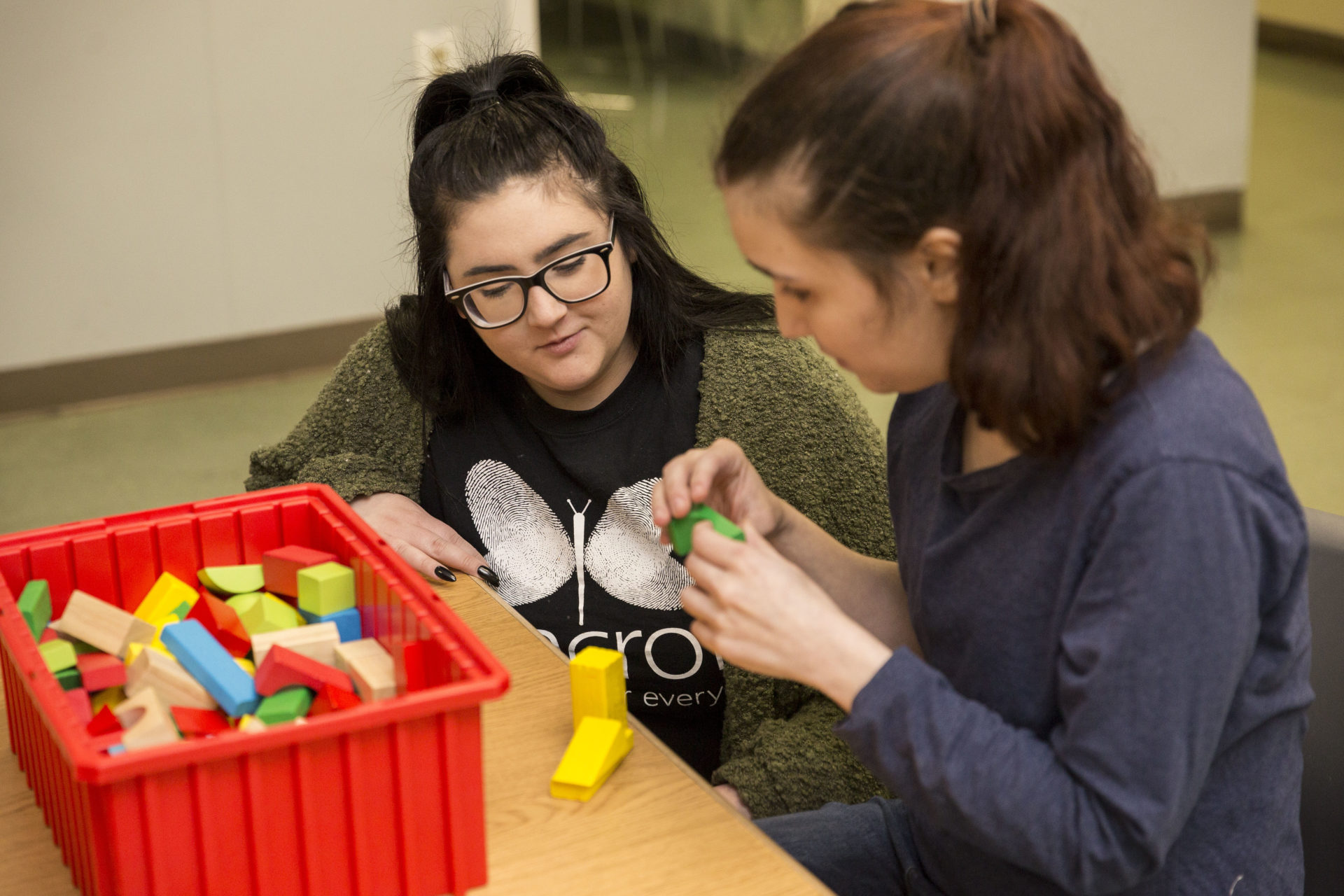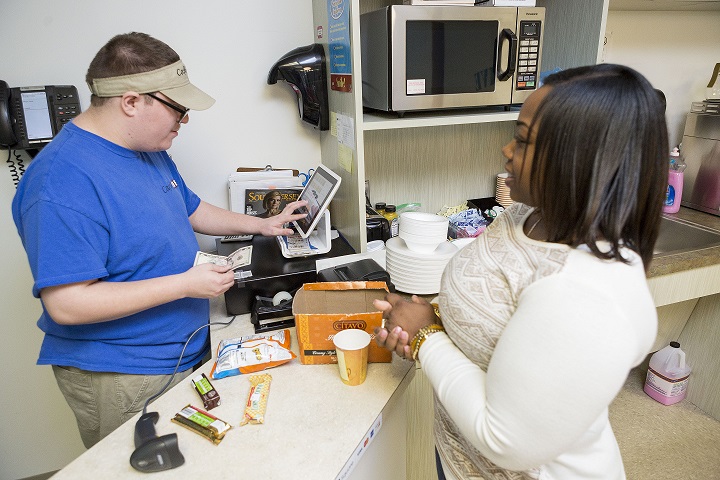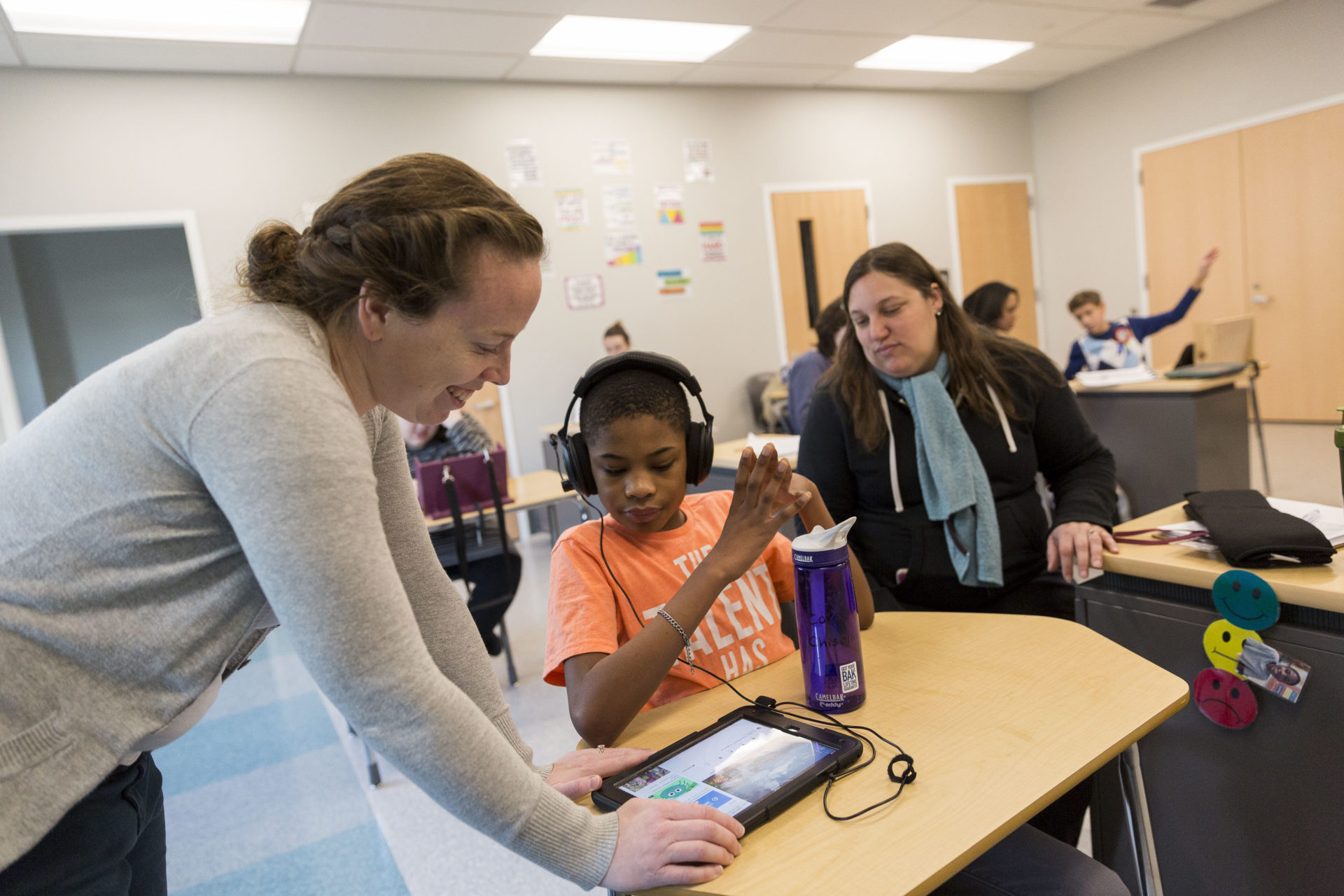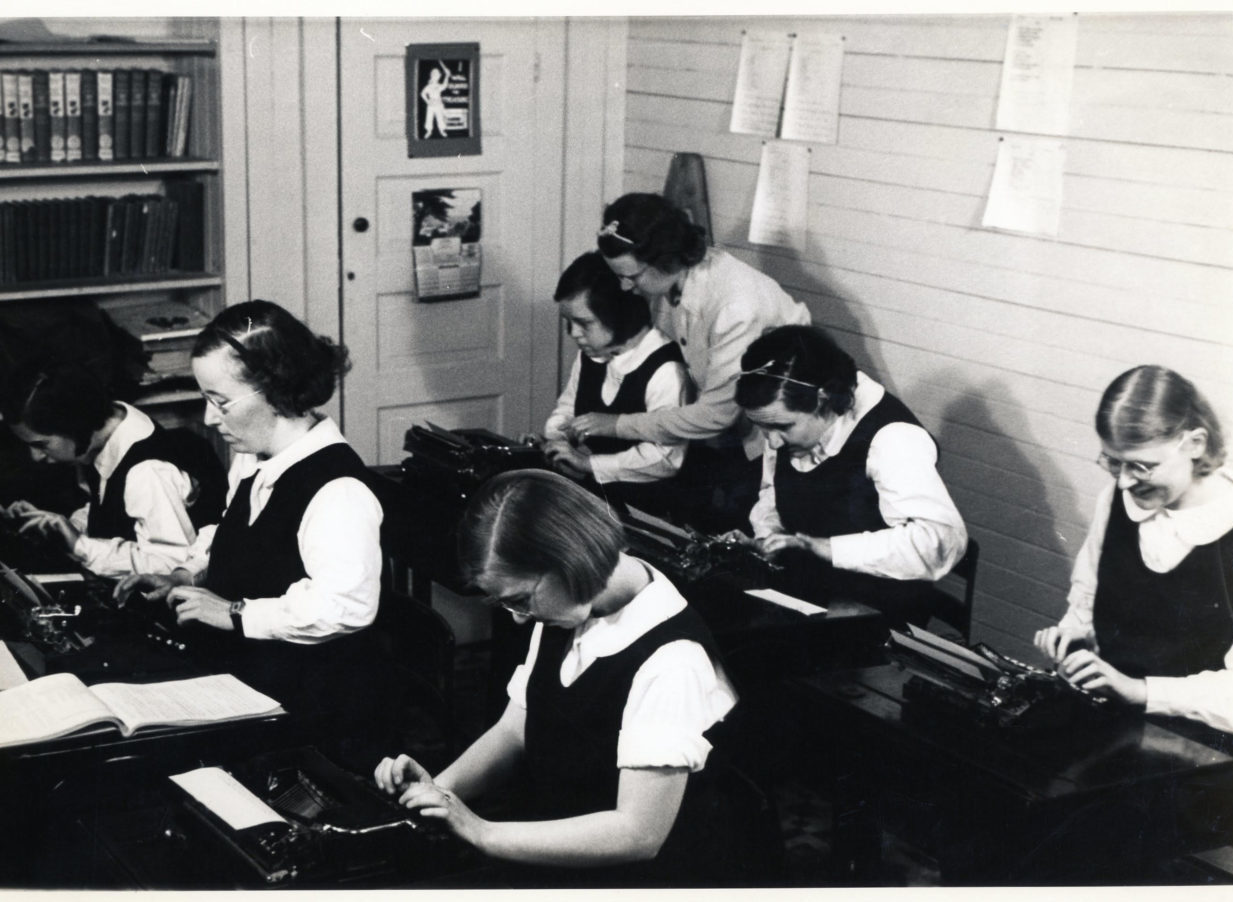ABA Therapy is an effective treatment for individuals with autism. The specialized treatment enables children to overcome challenging behaviors and connect with their world, and includes individualized strategies to meet each child’s unique needs.
Below, Dr. Tracy Kettering, Ph.D., BCBA-D, Senior Director of Intensive Behavioral Services at Bancroft, provides insight on what makes ABA Therapy so effective in improving social skills.
What specific social challenges are common for children with autism?
Children with autism often have delays in social communication and language, which is one of the biggest barriers for a child with autism. Research also suggests that half of the children diagnosed with autism also display some type of challenging behavior, which makes learning, going to school, and engaging in the community much more difficult.
How do you define ABA Therapy?
Applied behavior analysis is the application of the science of behavior analysis to socially significant behaviors.
When applied to autism, ABA treatments utilize that science to increase appropriate behaviors, such as language or social skills, or to decrease inappropriate behaviors, such as tantrums and aggression.
What specific techniques do you use to strengthen social skills for children with autism?
Behavior analysts use many teaching techniques, including prompting and reinforcement, and something called shaping to teach new skills. The most important feature of ABA teaching strategies is that they are individualized for the child and that data are collected on progress so that the teaching techniques can be revised if progress hasn’t been observed.
At what age should a parent start ABA therapy?
Early intervention is crucially important and there is quite a bit of research to support this. Several studies have shown that while early intervention is effective for all ages, those that start before the age two generally have better outcomes.
What other strategies do you suggest to parents who have a young child with autism?
Every child with autism is different and may benefit from different activities. There are also a lot of unproven and ineffective treatments on the market that families should try to avoid. Local resources like Bancroft can shed light on groups, therapies and experts in your area, too.
ABA Therapy is an effective treatment for individuals with autism. The specialized treatment enables children to overcome challenging behaviors and connect with their world, and includes individualized strategies to meet each child’s unique needs.
Below, Dr. Tracy Kettering, Ph.D., BCBA-D, Senior Director of Intensive Behavioral Services at Bancroft, provides insight on what makes ABA Therapy so effective in improving social skills.
What specific social challenges are common for children with autism?
Children with autism often have delays in social communication and language, which is one of the biggest barriers for a child with autism. Research also suggests that half of the children diagnosed with autism also display some type of challenging behavior, which makes learning, going to school, and engaging in the community much more difficult.
How do you define ABA Therapy?
Applied behavior analysis is the application of the science of behavior analysis to socially significant behaviors.
When applied to autism, ABA treatments utilize that science to increase appropriate behaviors, such as language or social skills, or to decrease inappropriate behaviors, such as tantrums and aggression.
What specific techniques do you use to strengthen social skills for children with autism?
Behavior analysts use many teaching techniques, including prompting and reinforcement, and something called shaping to teach new skills. The most important feature of ABA teaching strategies is that they are individualized for the child and that data are collected on progress so that the teaching techniques can be revised if progress hasn’t been observed.
At what age should a parent start ABA therapy?
Early intervention is crucially important and there is quite a bit of research to support this. Several studies have shown that while early intervention is effective for all ages, those that start before the age two generally have better outcomes.
What other strategies do you suggest to parents who have a young child with autism?
Every child with autism is different and may benefit from different activities. There are also a lot of unproven and ineffective treatments on the market that families should try to avoid. Local resources like Bancroft can shed light on groups, therapies and experts in your area, too.
Tracy L. Kettering, Ph.D., BCBA-D
Senior Director of Intensive Behavioral Services

Tracy L. Kettering, Ph.D., BCBA-D is a board-certified behavior analyst (BCBA). She has given more than 40 presentations at regional and national conferences in applied behavior analysis, and has published research in The Journal of Applied Behavior Analysis and Behavioral Interventions. She has also been a guest reviewer for the Journal of Applied Behavior Analysis since 2003. Prior to joining Bancroft, Dr. Kettering was an assistant professor of applied behavior analysis at The Chicago School of Professional Psychology. She has a master’s degree in education psychology and behavior analysis from Georgia State University, and a doctoral degree in special education and behavior analysis from The Ohio State University. She completed a post-doctoral research fellowship with Providence Services in Portland, Maine.
Dr. Kettering’s research interests include translational research in behavioral variability and motivating operations, function-based interventions for problem behavior, and verbal behavior.
















